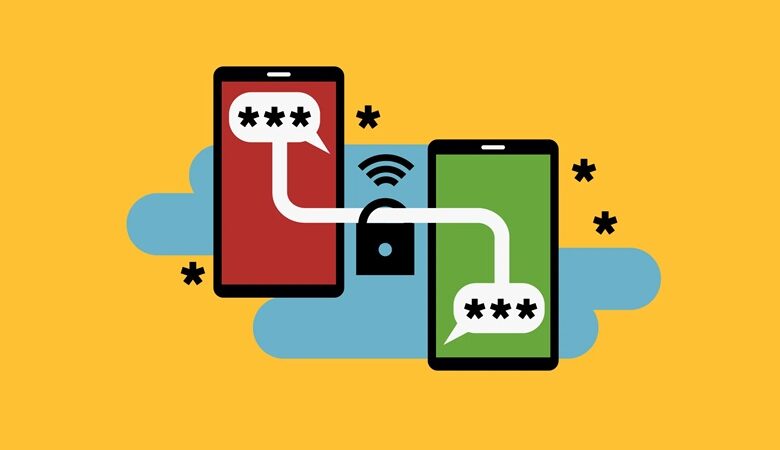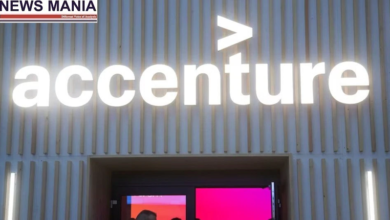Google has received criticism for asserting that every text exchanged via Google Messages is end-to-end encrypted.

News Mania Desk / Piyal Chatterjee / 9th December 2024
Google is under fire for allegedly deceiving customers about the encryption features of its chat tool, Google Messages. While the software does provide end-to-end encryption (E2EE) for some conversations, its marketing materials, particularly those seen on the Google Play Store, claim a more strong and comprehensive degree of security than is actually available. This gap has elicited substantial criticism from industry experts and technology commentators.
The crux of the issue is the usage of RCS (Rich Communication Services), a contemporary communications standard intended to replace SMS. RCS adds new features including read receipts, typing indicators, and support for higher-quality media sharing. However, RCS’s default state lacks encryption, making it less safe than apps like Signal or WhatsApp, which enable E2EE by default.
To enhance security, Google has introduced its own E2EE solution for RCS in Google Messages. Nonetheless, this encryption is limited to certain situations — specifically, when both individuals in a chat are utilizing the most recent version of Google Messages. If one party is utilizing an outdated version of the app, another messaging application, or a device that lacks support for RCS, the conversation reverts to being unencrypted. This poses a significant issue for communication with iPhone users or Android users who have incompatible devices, since these messages are still at risk of being intercepted.
This restriction has sparked backlash, with technology blogger John Gruber labeling Google’s assertions regarding encryption as “shamefully deceptive” and “outright fraudulent.” The technology blogger has called on Google to provide greater clarity regarding the conditional aspects of its E2EE implementation, contending that its existing marketing conveys an excessively hopeful view of security. Critics argue that this distortion damages user trust and may create a misleading perception of safety.
The debate underscores a wider concern — the necessity for users to evaluate the security assertions made by messaging applications. Although marketing content frequently highlights privacy and security, it might not fully cover the technical constraints or necessities for encryption. Users are urged to explore more about the implementation of encryption and to grasp the particular conditions under which their messages receive protection.
For people who value privacy, it is critical to use messaging apps that provide default end-to-end encryption without exception. Apps like Signal and WhatsApp, for example, support E2EE for all conversations, regardless of the recipient’s device or app version. This instance demonstrates how relying on inadequate or incorrect information can have major consequences for digital privacy and security.






